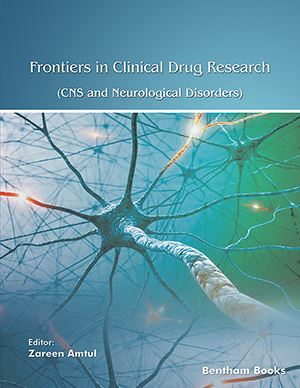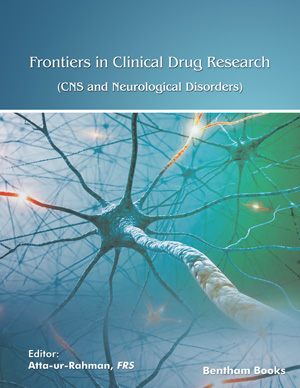
Abstract
Multiple sclerosis (MS) is a neurodegenerative disease caused by repeated inflammatory / demyelinating events within the central nervous system (CNS). In addition to relapsing-remitting neurological insults, patients are often left with residual, troublesome symptoms such as spasticity and pain. These greatly diminish “quality of life” and have prompted some patients to self-medicate and perceive benefit from cannabis. Recent advances in cannabinoid biology are now beginning to underpin these anecdotal observations, notably that spasticity is tonically regulated by the endogenous cannabinoid system. Recent clinical trials may indeed suggest that cannabis has some potential to relieve, pain, spasms and spasticity in MS. However, because the CB1 cannabinoid receptor mediates both the positive and adverse effects of cannabis, therapy will invariably be associated with some unwanted, psychoactive effects because cannabis will target CB1 both in motor and cognitive centres. However, in an experimental model of MS, at least, there are local perturbations of the endocannabinoid system in lesional areas. Stimulation of endocannabinoid activity in these areas either through increase of synthesis or inhibition of endocannabinoid degradation offers the therapeutic potential of the cannabinoid system whilst limiting adverse events by locally targeting the lesion. In addition, this may also have neuroprotective potential as the endocannabinoid system controls the level of neurodegeneration that occurs as a result of the inflammatory insults. Therefore, cannabinoids may not only offer symptom control but may also slow the neurodegenerative disease progression that ultimately leads to the accumulation of disability.
Keywords: cannabis, cannabinoids, endocannabinoids, experimental allergic encephalomyelitis and multiple sclerosis
 5
5


















